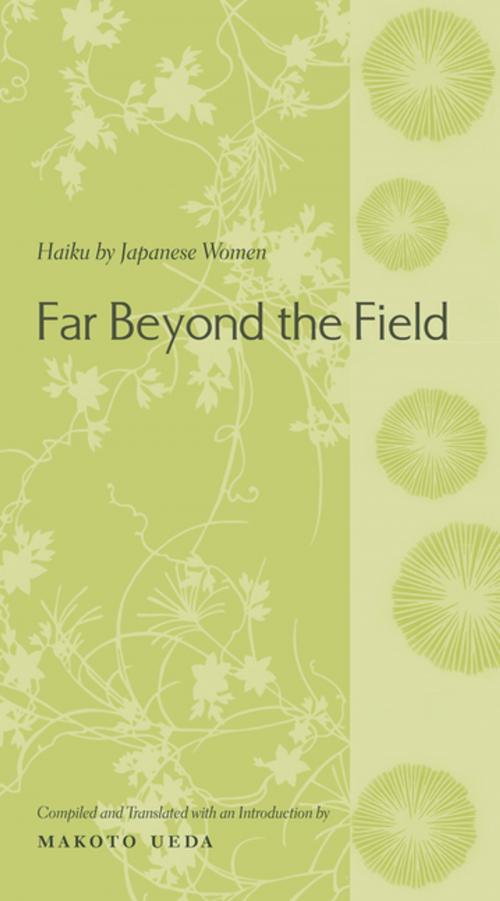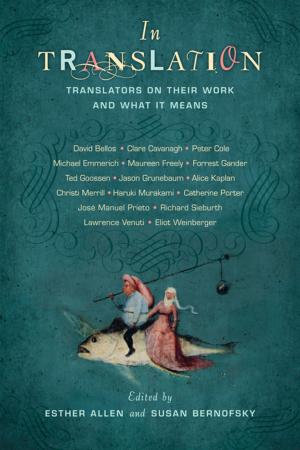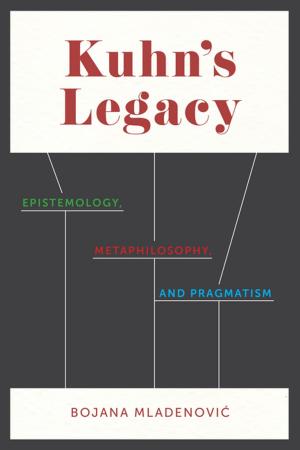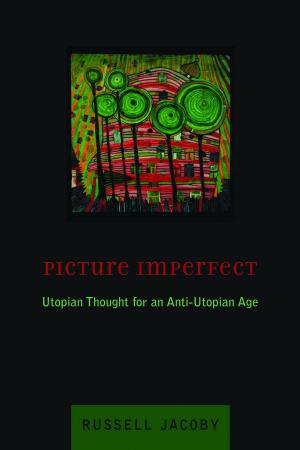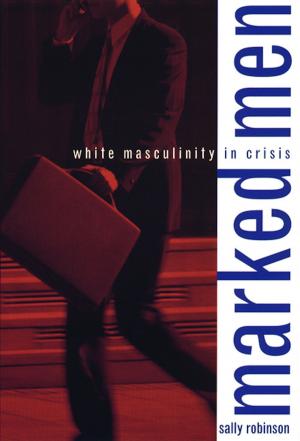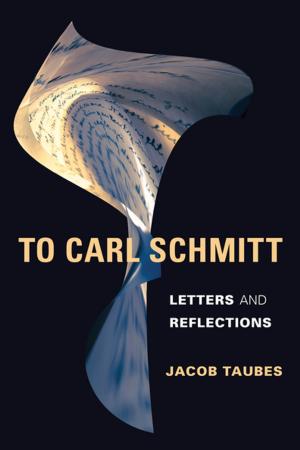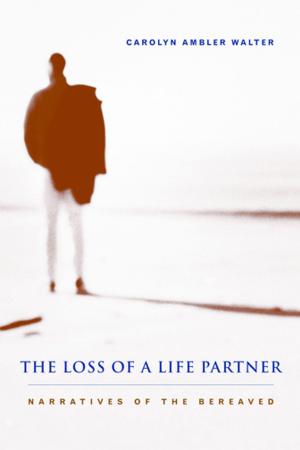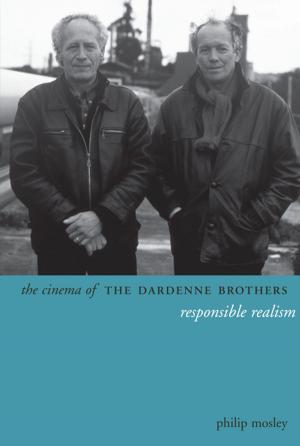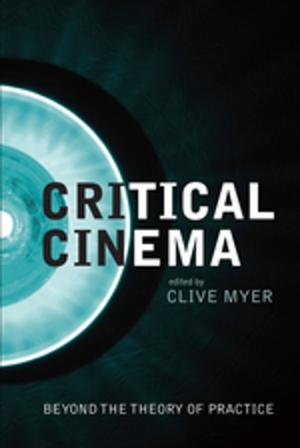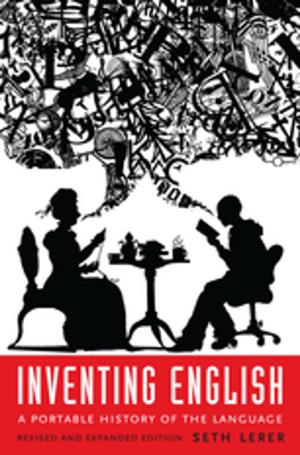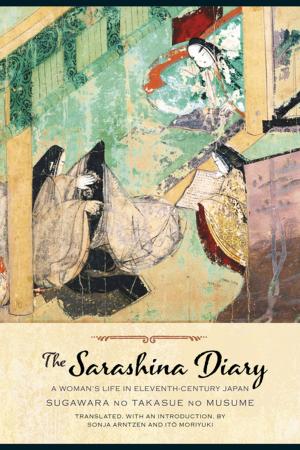Far Beyond the Field
Haiku by Japanese Women
Fiction & Literature, Literary Theory & Criticism, Asian, Poetry| Author: | ISBN: | 9780231502795 | |
| Publisher: | Columbia University Press | Publication: | March 17, 2003 |
| Imprint: | Columbia University Press | Language: | English |
| Author: | |
| ISBN: | 9780231502795 |
| Publisher: | Columbia University Press |
| Publication: | March 17, 2003 |
| Imprint: | Columbia University Press |
| Language: | English |
Far Beyond the Field is a first-of-its-kind anthology of haiku by Japanese women, collecting translations of four hundred haiku written by twenty poets from the seventeenth century to the present. By arranging the poems chronologically, Makoto Ueda has created an overview of the way in which this enigmatic seventeen-syllable form has been used and experimented with during different eras. At the same time, the reader is admitted to the often marginalized world of female experience in Japan, revealing voices every bit as rich and colorful, and perhaps even more lyrical and erotic, than those found in male haiku.
Listen, for instance, to Chiyojo, who worked in what has been long thought of as the dark age of haiku during the eighteenth century, but who composed exquisitely fine poems tracing the smallest workings of nature. Or Katsuro Nobuko, who wrote powerfully erotic poems when she was widowed after only two years of marriage. And here, too, is a voice from today, Mayuzumi Madoka, whose meditations on romantic love represent a fresh new approach to haiku.
Far Beyond the Field is a first-of-its-kind anthology of haiku by Japanese women, collecting translations of four hundred haiku written by twenty poets from the seventeenth century to the present. By arranging the poems chronologically, Makoto Ueda has created an overview of the way in which this enigmatic seventeen-syllable form has been used and experimented with during different eras. At the same time, the reader is admitted to the often marginalized world of female experience in Japan, revealing voices every bit as rich and colorful, and perhaps even more lyrical and erotic, than those found in male haiku.
Listen, for instance, to Chiyojo, who worked in what has been long thought of as the dark age of haiku during the eighteenth century, but who composed exquisitely fine poems tracing the smallest workings of nature. Or Katsuro Nobuko, who wrote powerfully erotic poems when she was widowed after only two years of marriage. And here, too, is a voice from today, Mayuzumi Madoka, whose meditations on romantic love represent a fresh new approach to haiku.
